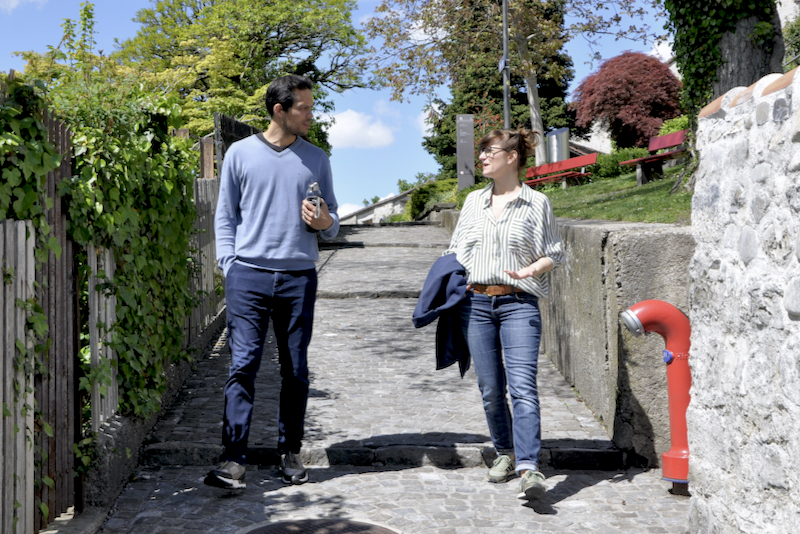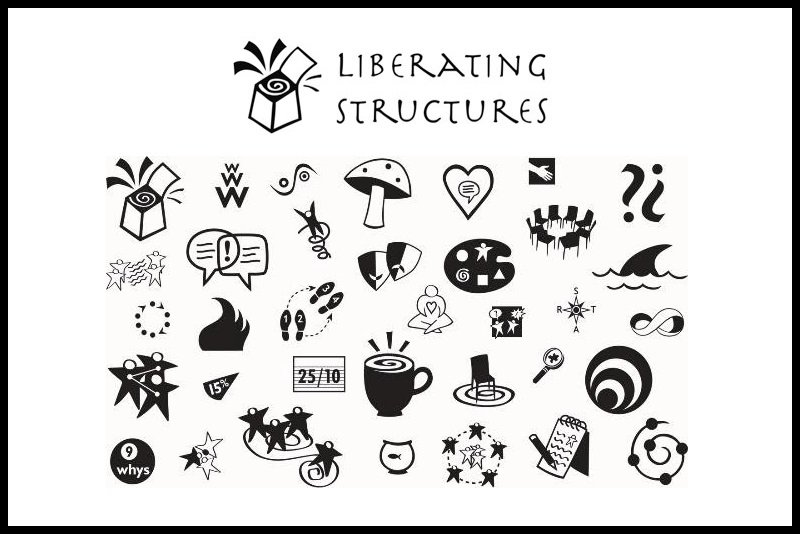⚒⚒ | $$ | ⏲⏲ | Within the framework of diversity competence training, managers and employees in the research & development field gain knowledge concerning diversity aspects in the working environment. Participants learn how to incorporate diversity management approaches into their daily practices and creative processes. In the long run, diversity competence in the workplace helps create an inclusive innovation culture and the comprehensive promotion of innovation processes.
⚒ | $ | ⏲ | The aim of the feedback walk is to foster a respectful and trusting relationship as well as the personal growth of both conversation partners. A varied environment and outdoor activity lead to a relaxed atmosphere and helps in gaining distance from day-to-day business and embracing a new perspective.
As part of the pilot for the Toolkit: Women & Diversity in Innovation, Comvation has set itself the goals of offering employees different perspectives and further developing diversity in its teams. The SME eliminated traditional employee appraisals some time ago. Instead, regular “feedback walks” support employees in their personal development and contribute to effective networking among staff.
⚒ | $ | ⏲ | Henri Lipmanowicz and Keith McCandless use the term “liberating structures” to summarize 33 “microstructures” that enable a high degree of participation in innovation processes. These focus on active collaboration in teams and organizations. Liberating structures helps managers and staff in the field of research & development to create an inclusive and creative working environment.
⚒ | $ | ⏲ | With an official diversity statement, the executive board and management of the organization take a clear position in favor of an inclusive culture. This declaration sends an invaluable message to workers, emphasizing the importance of diversity – not least in innovation – and encouraging them to support corresponding measures.
⚒ | $ | ⏲ | “Psychological safety” allows members of an innovation team to work and learn without discomfort. This is an essential pre-condition for personal growth and outstanding performance. A “psychologically safe” working environment prevents harmful group dynamics such as “groupthink” from arising and thus leads to better decisions and a broader range of ideas.
⚒ | $ | ⏲ | Using the “Team Effectiveness Discussion Guide”, innovation teams can identify which factors are particularly relevant for their collaboration and which factors may even harm it. All team members have equal opportunities to express their opinions. With the insights gained from the discussion, specific measures can be introduced to increase the quality and effectiveness of team collaboration.
⚒⚒ | $$ | ⏲⏲ | “Unconscious bias” describes unconscious prejudices that all people have. Unconscious bias training supports key personnel in the fields of innovation and HR in making informed decisions and clearly justifying them. Ultimately, this contributes to greater diversity in the workforce and helps to establish transparent promotion processes.








